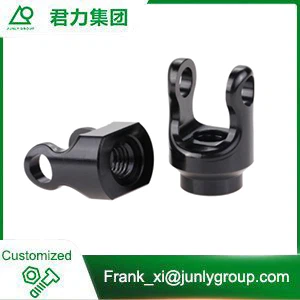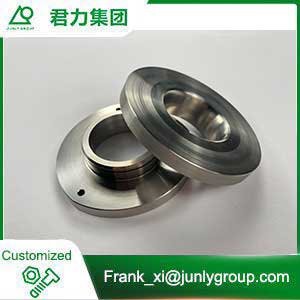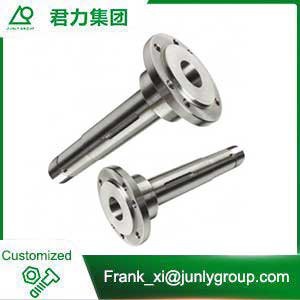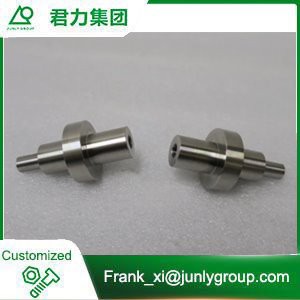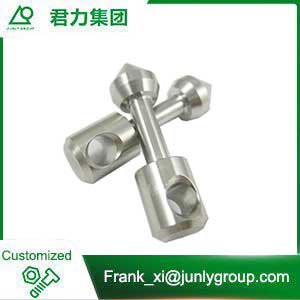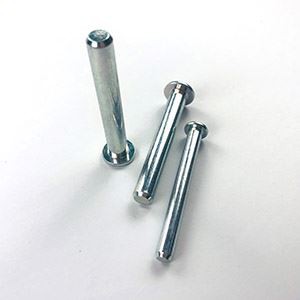Related Industry Knowledge
The use of Stainless Steel Socket Head Cap Screws
Nov 17, 2023 View: 638
Stainless steel socket head cap screws are a popular choice for various applications due to their unique design and material properties. These screws feature a cylindrical head with a recessed hex socket, allowing for easy installation and removal using an Allen wrench or hex key.
One of the primary advantages of stainless steel socket head cap screws is their corrosion resistance. Stainless steel is known for its ability to withstand exposure to moisture, chemicals, and other harsh environments without rusting or corroding. This makes these screws ideal for outdoor applications or situations where they may come into contact with liquids or corrosive substances.
Another benefit of using socket head cap screws is their high tensile strength. The socket head design allows for a larger contact area between the screw and the tool, enabling greater torque to be applied during installation. This results in a more secure and reliable fastening, especially in applications where vibration or heavy loads are present.
Stainless steel socket head cap screws are commonly used in industries such as automotive, aerospace, marine, and construction. They can be found in applications ranging from machinery assembly and engine components to electronic devices and furniture manufacturing. Their versatility, strength, and corrosion resistance make them a popular choice for professionals and DIY enthusiasts alike.
When working with stainless steel socket head cap screws, it's important to ensure that the correct size and length are used for the specific application. Proper torque should be applied during installation to prevent over-tightening or stripping the threads.
Stainless steel socket head cap screws offer a reliable and durable fastening solution for a wide range of applications. Their corrosion resistance, high tensile strength, and ease of use make them a go-to choice for many professionals and hobbyists.
You Might Also Like
Send Inquiry
